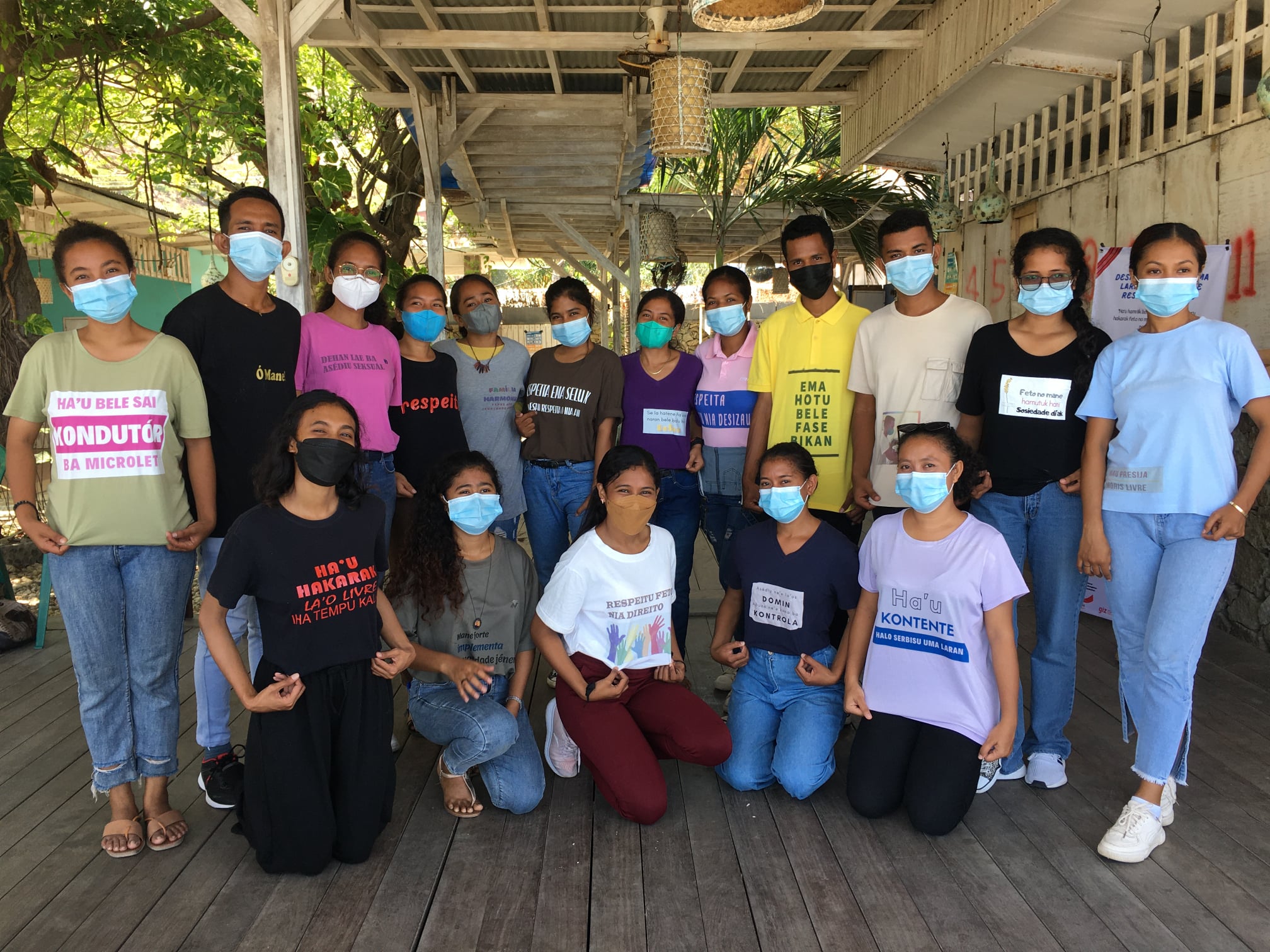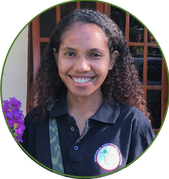Partnership established: 2021
“We want women to live in the fairer society where there is no discrimination against them. We also want young women to be safe when using public transportation and walking on the street. We believe that young women can become activists on this issue in Timor-Leste” – JDN
JDN is a dynamic youth-led, community-based organisation based in Dili, Timor-Leste. It was established in 2014 when a group of young people aged 17 – 24 years came together to discuss the issues impacting their lives. JDN engages a membership of over 200 young people in discussion and action on key issues and builds their leadership capacity so youth voices play a role in nation-building in Timor-Leste. Their programs are identified, designed and delivered by young people.
Timor-Leste is one of the world’s youngest countries and despite making impressive progress since independence, it remains one of the most disadvantaged countries in South East Asia. According to the most recent census in 2015 census, 60.7% of the total population is under 25 years, of whom 21% are aged 15-24 years. Youth unemployment and disadvantage is a critical issue and there are limited industries in which young people can find employment.
JDN work across a number of issues, including education programs for young women on nutrition, public health work on covid-19 prevention and small income generating activities including JDN history tours and sexual and reproductive health. But one of the key concerns raised by the young people that JDN works with was gender-based violence and harassment. Over the past 12 months, JDN has collected case studies from 80 young women to understand the different ways in which young women experience violence and harassment, in the home but also in public and particularly on Timor Leste’s common public transport modes of microlet and taxi.


